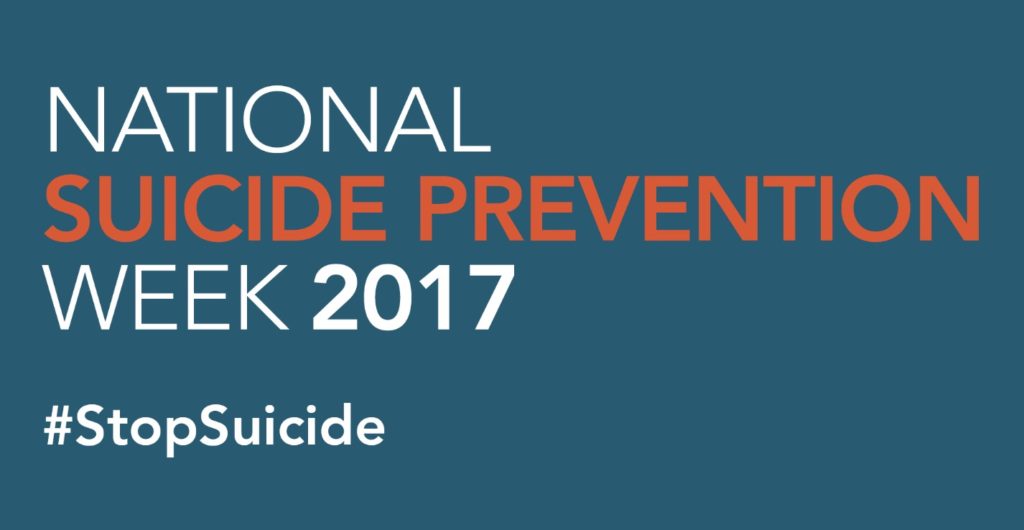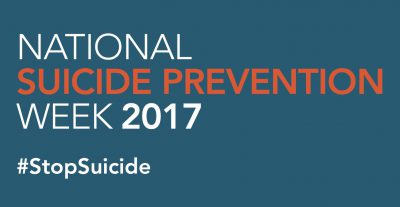Shedding light on suicide, debunking myths


By Trisha Gibson, MA, LPC, LICDC
Forensics/AoD Program Director
Woodland Centers, Inc.
MEIGS & GALLIA COUNTIES, Ohio – Mental health and substance use disorders impact many individuals at some point across the lifespan. In fact, both are recognized as public health crisis in our society today. Individuals experiencing the effects of mental illness and/or addiction are more at risk for suicide than others, with the majority of suicides occurring among those with a diagnosed psychiatric disorder. Nationally, Suicide Prevention Week is recognized this year from September 10th-17th and September is identified as Suicide Awareness month indicating the need to increase awareness, provide education, change the conversation, and reduce the stigma.
According to The Ohio Suicide Prevention Foundation, in 2011, there were 1,450 completed suicides in Ohio, including four in Meigs County and six in Gallia County. As a community, we have much work to do in this area through outreach and support.
Often, there are myths surrounding the topic of suicide:
1. People who talk about suicide are only seeking attention: Most people who have attempted or completed suicide have talked about it to someone. Individuals contemplating suicide may reach out to anyone, including family, friends, teachers, police, or even social media. Talks of suicide should be considered a call for help and should be taken seriously.
2. Suicide occurs without warning: In fact, there are often warning signs. Individuals thinking of ending their life are in psychological and emotional pain. In addition to reaching out, there are other signs to be aware of: such as frequent talk about death, withdrawing from family and friends, seeking means of lethality, giving away possessions, or sudden changes in behavior that is not ordinary.
3. Asking if a person is suicidal will give the individual the idea to complete suicide: In fact, asking the question, one gives the individual an opportunity to talk about what they are experiencing and reduces the risk of suicide.
4. Lastly, another common myth is that there is no stopping someone that has made up their mind to complete suicide. Actually, there is a lot that can be done and many resources in place to help. Woodland Centers has a 24/7 Crisis Line for individuals who are in need of emergency mental health assistance. The number is 1 (800) 252-5554. Anyone can call this number; you don’t have to be a client. There is also a National Suicide Prevention Lifeline that can be accessed by calling 1 (800) 273-8255. Individuals can also text 4hope to 741741 to access a trained crisis counselor.
You may be asking, “What can I do to help prevent someone from committing suicide?” There is a great national movement taking place for suicide prevention using hashtag #BeThe1To on social media.
They share 5 steps to help prevent suicide:
1. Ask, “Are you thinking about suicide?”
2. Keep them safe. Do they have a plan and access to lethal means? Knowing these answers helps determine the severity of danger. Steps to take if there is imminent danger include calling police or driving the person to the Emergency Room.
3. Be there. This means being physically present with the person, talking to them on the phone, or any other way that can show support. Being there sends the message that you care and helps keep the individual connected to others, limiting their isolation.
4. Help them connect. Woodland Centers Crisis Line, the National Suicide Prevention Lifeline and the Crisis Text Line are all great resources.
5. Follow up. Check in with the person to see how their doing. Support and ongoing contact is an important part of suicide prevention.
Woodland Centers offers mental health, addiction, and crisis treatment services in Gallia, Jackson, and Meigs Counties. You may reach our office in Meigs County by calling 740-992-2192 or our Gallia County office at 740-446-5500.









